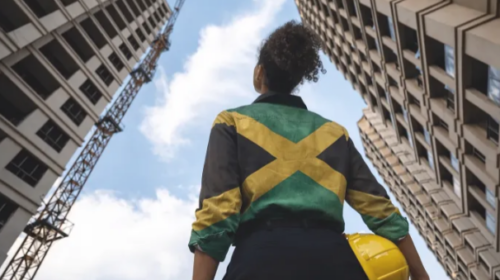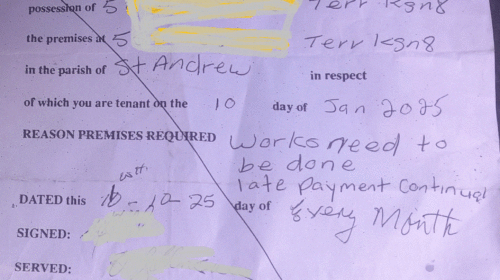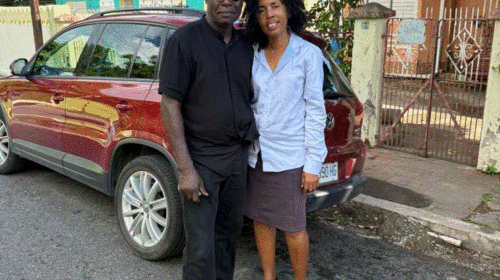Dear Madam Editor,
One of the most talked-about topics for Black History Month is this business of reparations. As is widely known, we black people in the West, and especially in the West Indies, are demanding compensation for slavery from several European powers, including Britain, France and the Netherlands. What is not understood by many is that the basis of this reparations claim is not only fantastically weak, it is virtually certain that no payments will ever be made.
It is being claimed by some that as the European planters were compensated for the loss of their slaves, the slaves should also have been compensated. Of course, this is a dead argument as the slaves were considered property and not people and, as such, no compensation would have been due to them. Then there is the moral argument — slavery was such an “evil” that its “victims” deserve compensation. Again, another non-starter, just because we today see slavery as evil doesn’t mean the average person then saw it as such.
There are several other arguments used in support of reparations. None of which, as far as I can see, really give strength to the pro-reparations camp. If this reparations issue should ever go to any kind of international court, there is very little doubt in my mind that it will be thrown out — perhaps along with the pro-reparations lawyers.
However, let’s say for the sake of argument that an international court is prepared to listen to this case. Even if the pro-reparations advocates manage to work the miracle and put forward good arguments, which court will ever rule in their favour?
One would assume the International Court of Justice (ICJ) would be the ideal place to argue for reparations. If not, perhaps the United Nations. However, if these are the places reparations advocates intend to argue their case, then they can forget it.
The ICJ is based in The Netherlands, one of the countries we want to pay. Both the ICJ and the United Nations are what I call “victors’ courts”. I can’t see how any of them will ever rule against Britain, France or The Netherlands. This is especially true of the United Nations, as both Britain and France have the power of veto.
But again, let’s say the impossible happens and any or both of these bodies should rule against Britain, France and The Netherlands, will reparations then be paid? Most unlikely! While these bodies can rule on anything, their power to enforce is a different matter.
Israel, North Korea and others have perfected the art of ignoring rulings from the United Nations and other international bodies. If these weaker powers can do so, what do advocates for reparations think greater powers like Britain and France will do?
Then again, even if they would want to pay, it seems certain that they won’t, as their weakened economies will be in no position to pay out the hundreds of billions of dollars in reparations advocates seek. These powers simply could not afford to pay, even if they wanted to — which they don’t.
Those of us who continue to dream about getting reparations can keep dreaming. The European taxpayer need not worry, he will never be called upon to pay anything.
I am, etc,
Michael A Dingwall
michael_a_dingwall@hotmail.com
Author Profile
- ... refers to representatives of entities such as embassies, entertainment industry, creative force whose submitted work gets published on this site. Views expressed here may not necessarily represent those of the owner of this site, but are being published in the interest of the wider public. Link me here
Latest entries
 AdvertorialFebruary 1, 2026Daily reads on www.antheamcgibbon.com as @ 1 February 2026
AdvertorialFebruary 1, 2026Daily reads on www.antheamcgibbon.com as @ 1 February 2026 AdvertorialJanuary 21, 2026Documents assistance
AdvertorialJanuary 21, 2026Documents assistance AdvertorialJanuary 1, 2026Daily reads on www.antheamcgibbon.com as @ 1 January 2026
AdvertorialJanuary 1, 2026Daily reads on www.antheamcgibbon.com as @ 1 January 2026 Raw and DirectDecember 21, 2025Use that rare energy in you
Raw and DirectDecember 21, 2025Use that rare energy in you















